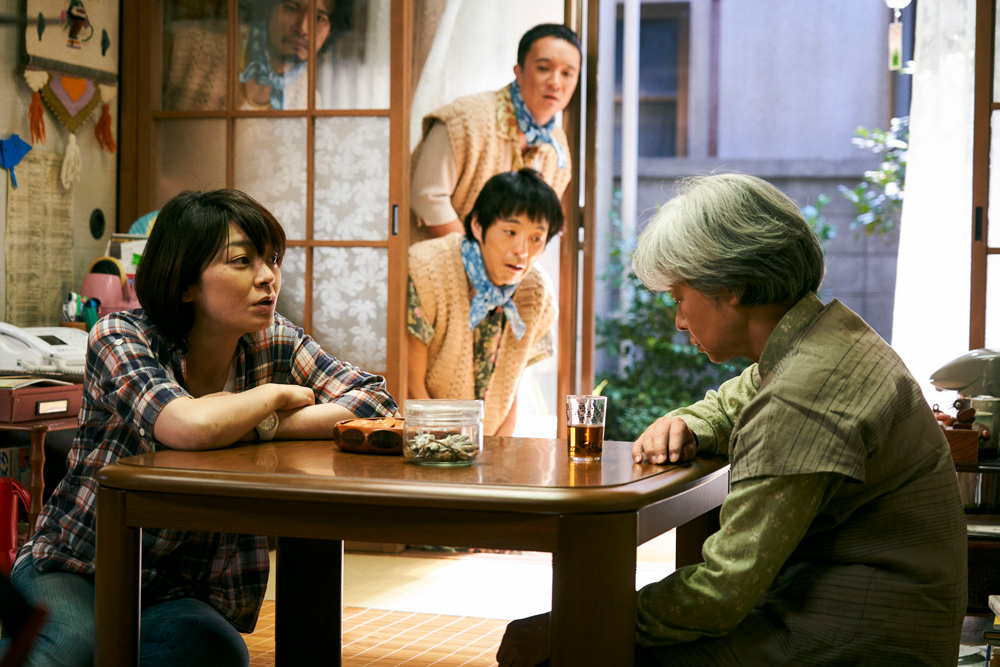!["Ora Ora de Hitori Igumo" Director Shuichi Okita I don't want to see "warm everyday life" (lol) [Director's Interview Vol.90]](https://cinemore.jp/images/d53c0ed47a37ca4009c3adb8b09ceaa782887ce7e999e6494fbfd1ee783045dd.jpg)
"Ora Ora de Hitori Igumo" Director Shuichi Okita I don't want to see "warm everyday life" (lol) [Director's Interview Vol.90]
I feel embarrassed when I play emotional music.
Q: I think the main focus of the work is Momoko's confrontation with herself and her relationship with her husband, but on the other hand, the episodes with her children, although casually depicted, left an impression on me.
Okita: Ultimately, this is a work in which Momoko says that she feels lonely all the time, so I don't think we can ignore the parent-child relationship. In the original story, the son doesn't come home and he only talks to the daughter on the phone but doesn't actually meet her, so I thought it would be okay to have the daughter come to the house, so I changed the episode a little. Also, I had the impression that the conversation with Shuzo was quite important, and I wanted to portray that well in the movie.

Q: My impression of Okita's films, including this one, is that the details of everyday life are interesting and sympathetic, but I don't get the impression that there is much emotional connection. But I get absorbed in the movie and it's extremely entertaining. Is there something you are aware of in that regard?
Okita: I'm always aware of that. Simply put, I feel embarrassed when I play moving music (lol). There's something about trying to impress me that I don't like. Look at me! I'm not good at strong scenes like that, and the more emotional a scene is, the more I want to stand back and shoot it. However, I think it's important to forget that shyness, and I always struggle with myself.
Q: How do you discuss this and other things with actors?
Okita: When I'm writing the script, I don't notice even the smallest details, so the actors who actually play the roles often notice and take care of them. I notice actors who move with their own bodies better. I feel like if I can be flexible enough to talk about what to do when shooting, that's fine. It would get weird if I told them too difficult things, so I try to give them instructions only when it's important.
Yuko Tanaka even composes a song when they meet for the first time

